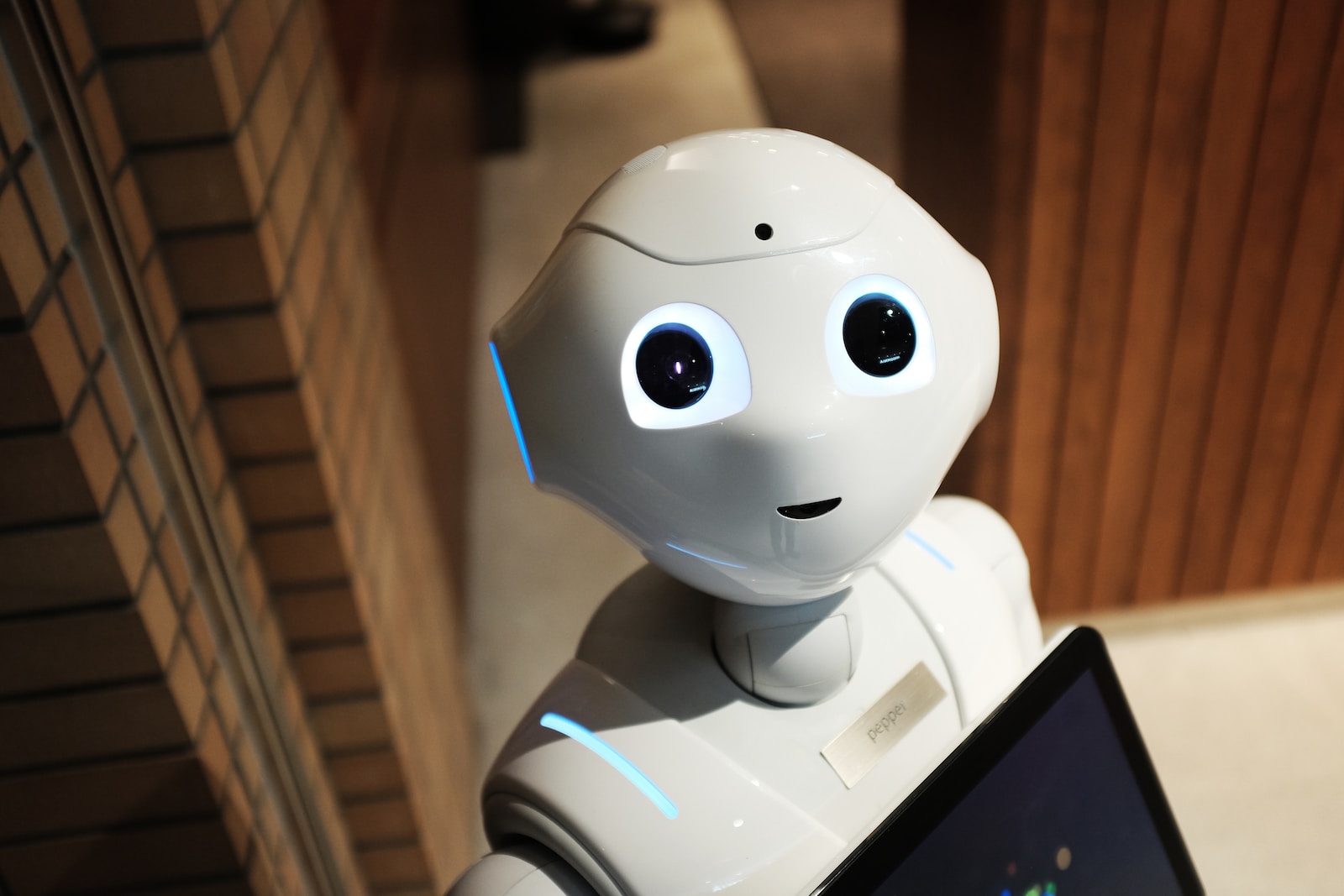Physical Address
304 North Cardinal St.
Dorchester Center, MA 02124

These days, artificial intelligence is a part of everyday life. Technology surrounds us, including automated parking systems, sophisticated sensors for excellent photo capture, and personal assistance. Similarly, artificial intelligence is beginning to influence education, and conventional approaches are evolving significantly.
AI’s many uses in education make the academic environment more individualized and convenient. Due to the increased accessibility of educational resources via computers and smart devices, this has altered how individuals study. Students no longer need to physically attend classes to learn as long as they can access computers and the Internet. AI is also making it possible for administrative activities to be automated at educational institutions to free up more time for teachers to spend with students. It’s time to discuss how the best AI technology in education is changing the future.
AI can automate academic institutions’ and teachers’ administrative tasks. Teachers put a lot of effort into giving their students insightful feedback, grading tests, and evaluating homework. However, where several tests are involved, grading tasks can be automated with the help of technology. This implies that professors would spend more time with them instead of spending long hours grading pupils. We anticipate AI will do more of this. Software developers are developing more accurate algorithms for marking standard essays and written responses. The school admissions board is the other sector benefiting greatly from AI. The classification and processing of documents can now be automated thanks to artificial intelligence systems.
AI and education go hand in hand, and the new methods may be all needed to guarantee that every student achieves their highest academic achievement. These days, innovative content is a trendy topic. Robots can produce digital content with a similar quality to that of several AU essay writing services. Classrooms are already using this technology. Virtual material, such as video lectures and conferences, is also considered innovative. As one might expect, textbooks are evolving. AI systems are using traditional syllabuses to generate specialized textbooks for particular courses. New learning interfaces and digitization of books are being developed to assist students of all academic grades and ages. One example of such a system is Cram101, which employs artificial intelligence (AI) to make textbook material more accessible to understand and navigate through chapter summaries, flashcards, and practice exams. The Netex Learning AI interface is another helpful tool that lets instructors develop digital curricula and educational materials that can be accessed on various devices. Netex contains audio, instructional films, and online help applications.
Have you looked at Netflix’s tailored recommendations? Schools are using the same technologies to teach their students. Though they are meant to serve the middle class, the traditional systems must catch up in providing for students. The curriculum aims to reach 80% of the middle to accommodate as many students as feasible. Even among the top 10%, however, the students need help reaching their full potential. Even so, they struggle to keep up when they are in the bottom 10%. However, by giving each student a personalized recommendation, AI does not necessarily replace teachers; instead, it puts them in a better position to succeed. AI tailors final exams and in-class assignments to give students excellent support.
According to research, instant feedback is one of the keys to successful tutoring. Teachers may respond to pupils in a targeted and personalized way with AI-powered apps. Teachers are capable of distilling lessons into clever study aids like flashcards. Depending on pupils’ difficulties in understanding the course material, they might also instruct them. College students now have access to a longer time window for communicating with instructors than in the past. AI has allowed intelligent tutoring programs like Carnegie Learning to interact with students one-on-one and provide prompt feedback. Although these approaches are in their early phases, they will soon develop into fully functional digital teachers that can help kids with any educational need.
AI has the potential to help remove borders, and education knows no bounds. The best AI technology in education has brought about significant changes by making it possible to take any course anytime and anywhere in the world. AI-powered learning gives students a foundation in information technology. More innovations will lead to a greater variety of online courses being offered, and AI will enable students to learn from any location.
AI creates new efficiencies and enhances IT procedures. Town planners may utilize it, for example, to reduce traffic bottlenecks and improve pedestrian safety. Similarly, schools can decide how best to stop pupils from running in corridors and becoming lost in crowds. AI can also model complex data so that the operations division can produce forecasts based on facts. This makes it possible to properly plan for the future by reserving seats for school events or placing meal orders at neighborhood cafeterias. Schools can save money by avoiding the numerous wastes brought on by overordering. Artificial intelligence can pay for itself in education through new efficiencies. Up-front costs are associated with training and the installation of new technologies. However, these expenses ultimately disappear. Over time, both hardware and software have become more affordable.
According to a report by eSchool News, there will be a 47.5% growth in the use of the best AI technology in education and learning by 2021. From the lowest educational levels to higher education institutions, this technology will have an impact. As a result, specialized tools and adaptive learning techniques will be developed to enhance the educational process. Artificial intelligence can help students outside the classroom by providing information about potential job choices based on their ambitions. The final effects of AI on the education sector are still unknown.